Is Byton’s massive 48-inch screen a new interior design trope for electric vehicles?
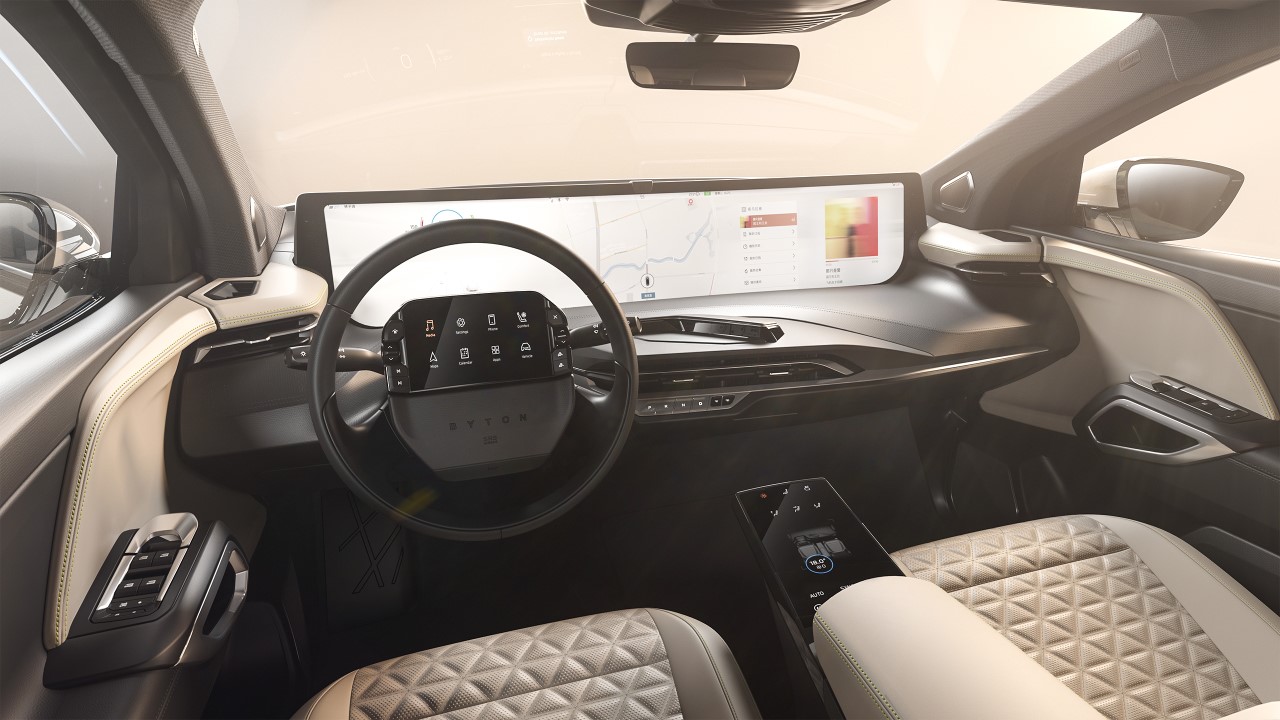
You might have heard of premium Chinese electric car start-up Byton already. It’s released two well-received concept cars in the last 18 months – the M-Byte SUV and K-Byte sedan – but its first production EV with a genuinely game-changing 48-inch full-width infotainment screen will receive its global unveil in September 2019.
The first Byton car will be the M-Byte, an electric, mid-sized SUV that should sit between a Jaguar I-Pace and Audi e-tron in length, be offered in rear- or all-wheel drive and offer either 400 or 520km of range. Starting from $45,000, the huge 48-inch screen will be standard on all models. Chinese customers get the car first in late 2019, followed by the US within 12 months and consideration for Europe after that. Under the guidance of ex-BMW i designer Benoît Jacob, the new car company with design studios in Munich and now Shanghai aims to offer new levels of interface usability and digital sophistication beyond current frontrunners Tesla and Mercedes, so we took the opportunity to have a chat with senior VP of design Jacob just ahead of the official opening of the firm’s new Shanghai design studio last week.
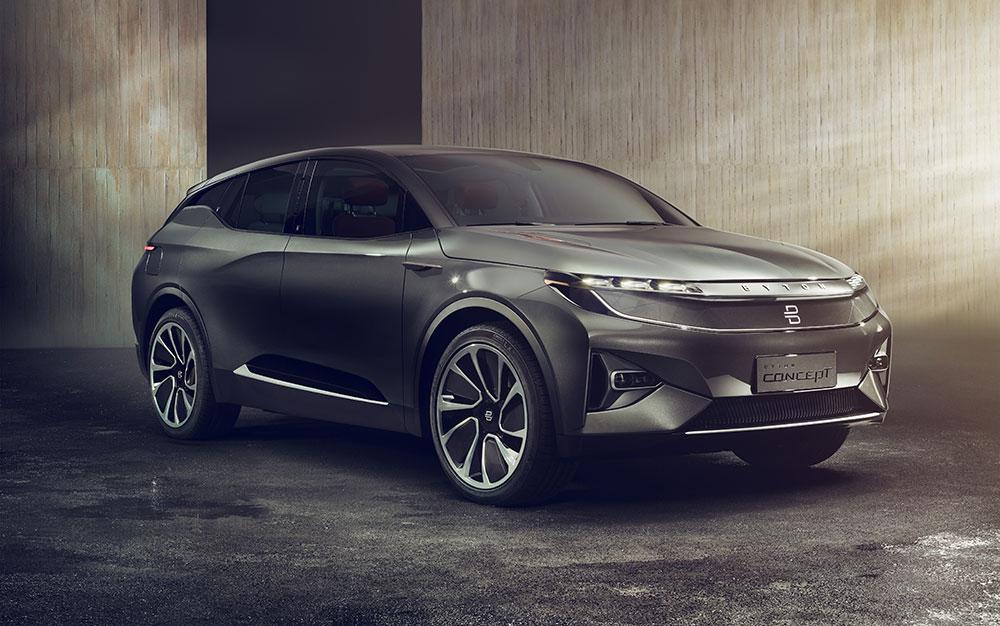
Wallpaper*: Why are you so excited by this big new screen?
Benoît Jacob: The idea of a very large screen is not new – it’s been on concept cars for years – but what is new is that Byton is doing it for real.
W*: How does it work?
BJ: The large screen is what we call a ‘remote device’ and very different from a typical instrument cluster, centre console and instrument panel. It only displays information, you cannot touch the screen directly to interact with it. Instead you use the 7-inch driver tablet [within the steering wheel hub] for navigation and car control and the passenger can do the same [via the 8-inch centre touchpad]. In addition we want to offer voice and gesture control; for some tasks, they can be the most effective.
RELATED STORY
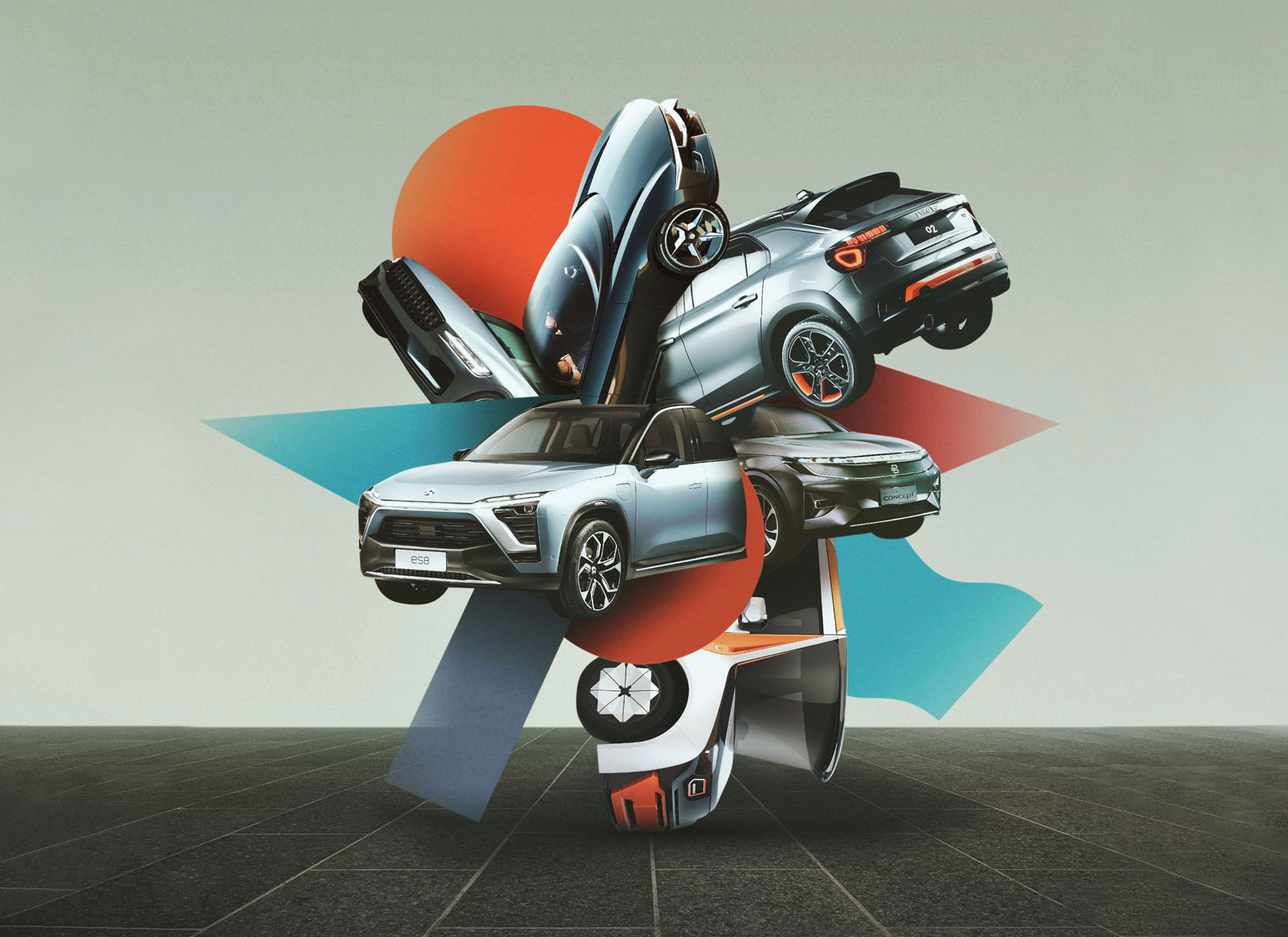
W*: Does the technology offer any future-proofing?
BJ: Now we have a product that can adapt to very different life cycles. The hardware has a relatively long lifestyle – the body, the interior, the parts – but the software has a completely different lifecycle. Our motivation was to create a platform that can rapidly adapt.
W*: What will this adaptability enable?
BJ: At launch the model will have all the necessary functionality but we will also have the opportunity to launch several business models, related to software, apps and stuff like that. The screen is designed to be the platform. We designed this car knowing probably 20 per cent of the use-case, but there’s still another 80 per cent to discover, which app developers or third party businesses will find, to eventually upgrade the car in a regular way.
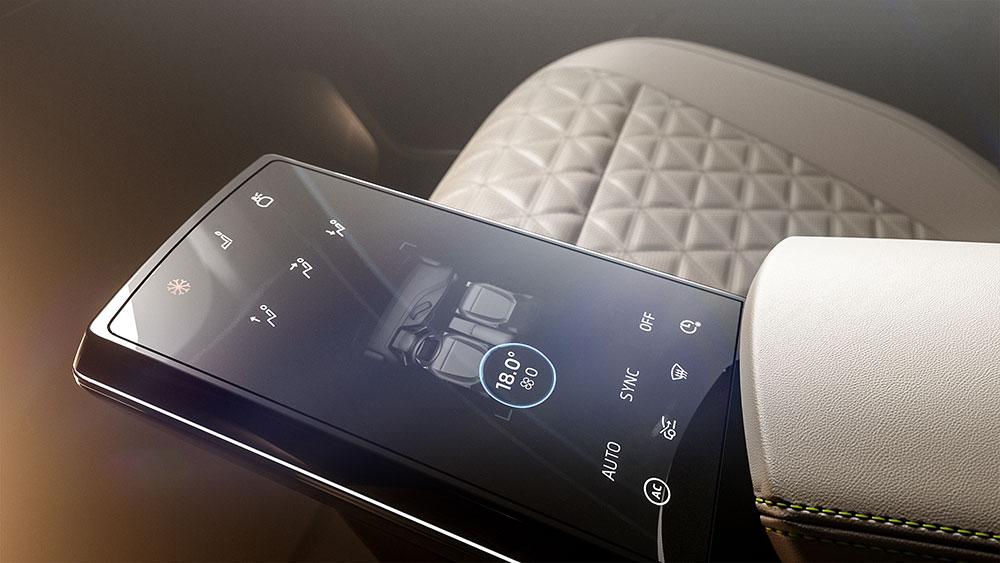
W*: Who will be Byton’s customers?
BJ: In our main market of China, we see strong potential from the ‘digital natives’. The premium customer in China is in their mid-30s, 15-20 years younger than the ones in Europe or the US. There is appeal for more ‘newness’, especially from premium manufacturers and I think we have a meaningful answer to this demand.
W*: If Byton was fashion brand which would it be?
BJ: To be honest I never really thought about it, as to be sustainable is not to be too fashionable. Trends age quickly. Our idea is to have a product that can last and be upgraded. We look at fashion and furniture, but not in this way.
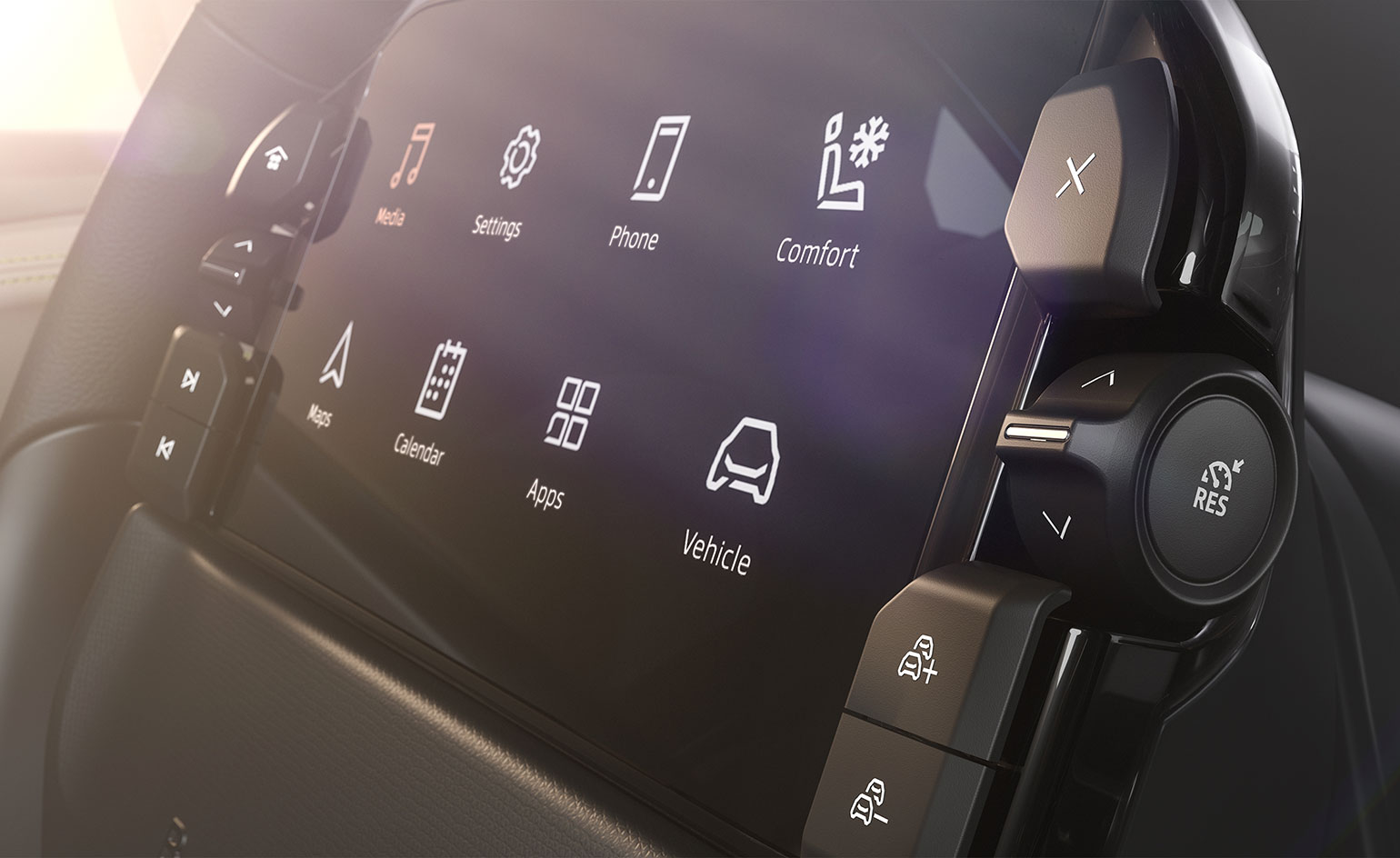
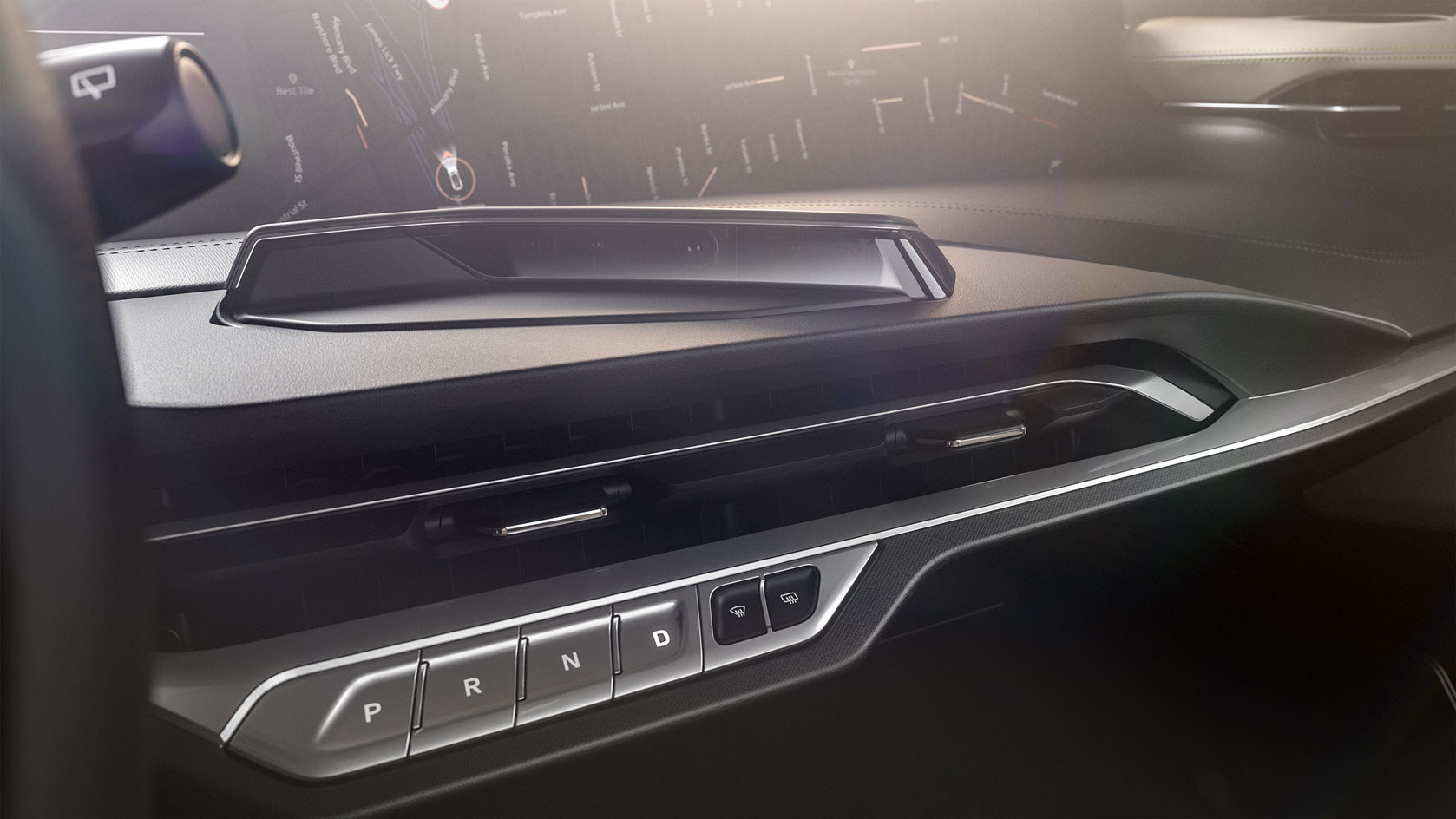
INFORMATION
Wallpaper* Newsletter
Receive our daily digest of inspiration, escapism and design stories from around the world direct to your inbox.
Guy Bird is a London-based writer, editor and consultant specialising in cars and car design, but also covers aviation, architecture, street art, sneakers and music. His journalistic experience spans more than 25 years in the UK and global industry. See more at www.guybird.com
-
 Naoto Fukasawa sparks children’s imaginations with play sculptures
Naoto Fukasawa sparks children’s imaginations with play sculpturesThe Japanese designer creates an intuitive series of bold play sculptures, designed to spark children’s desire to play without thinking
By Danielle Demetriou
-
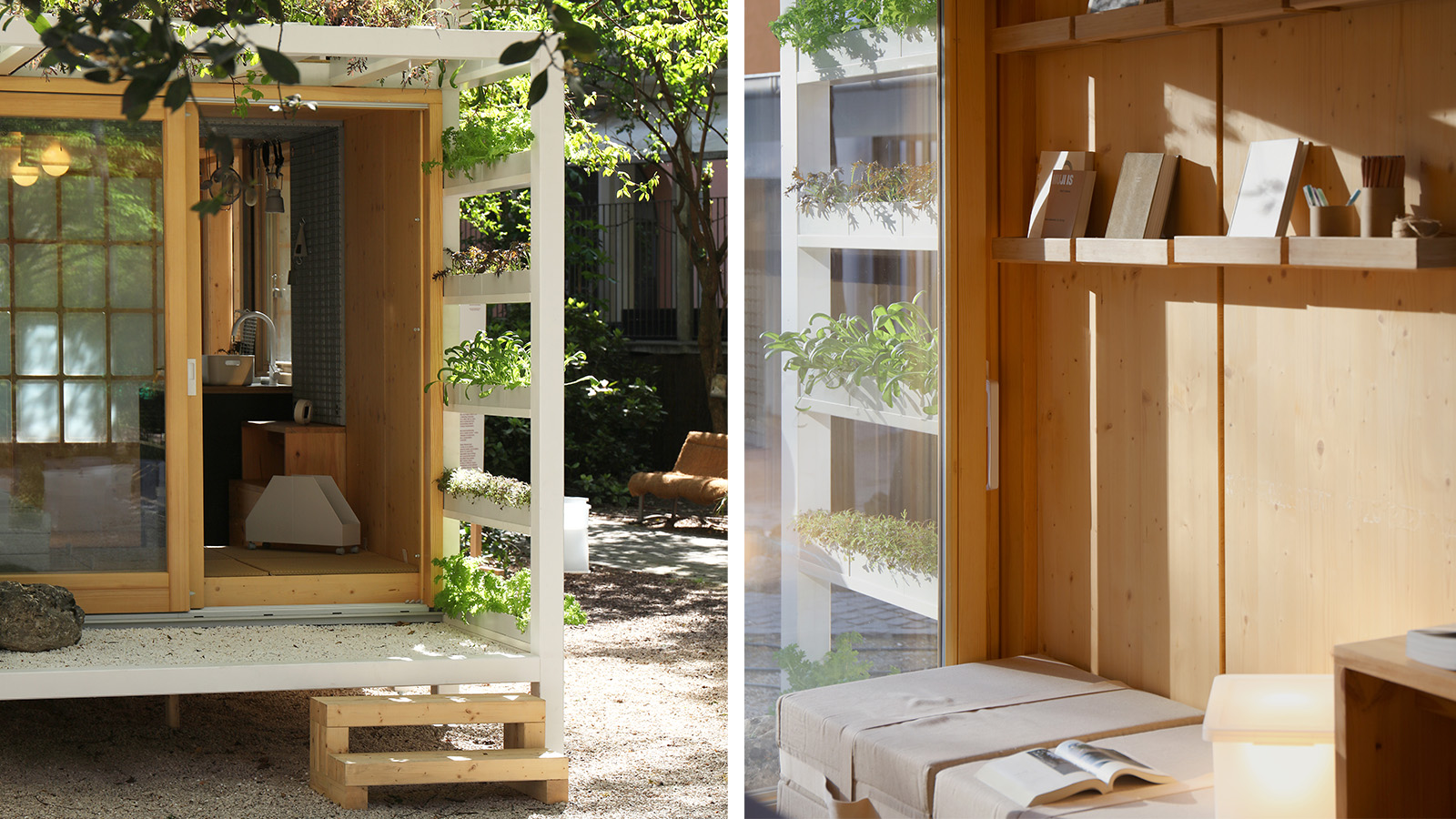 Japan in Milan! See the highlights of Japanese design at Milan Design Week 2025
Japan in Milan! See the highlights of Japanese design at Milan Design Week 2025At Milan Design Week 2025 Japanese craftsmanship was a front runner with an array of projects in the spotlight. Here are some of our highlights
By Danielle Demetriou
-
 Tour the best contemporary tea houses around the world
Tour the best contemporary tea houses around the worldCelebrate the world’s most unique tea houses, from Melbourne to Stockholm, with a new book by Wallpaper’s Léa Teuscher
By Léa Teuscher
-
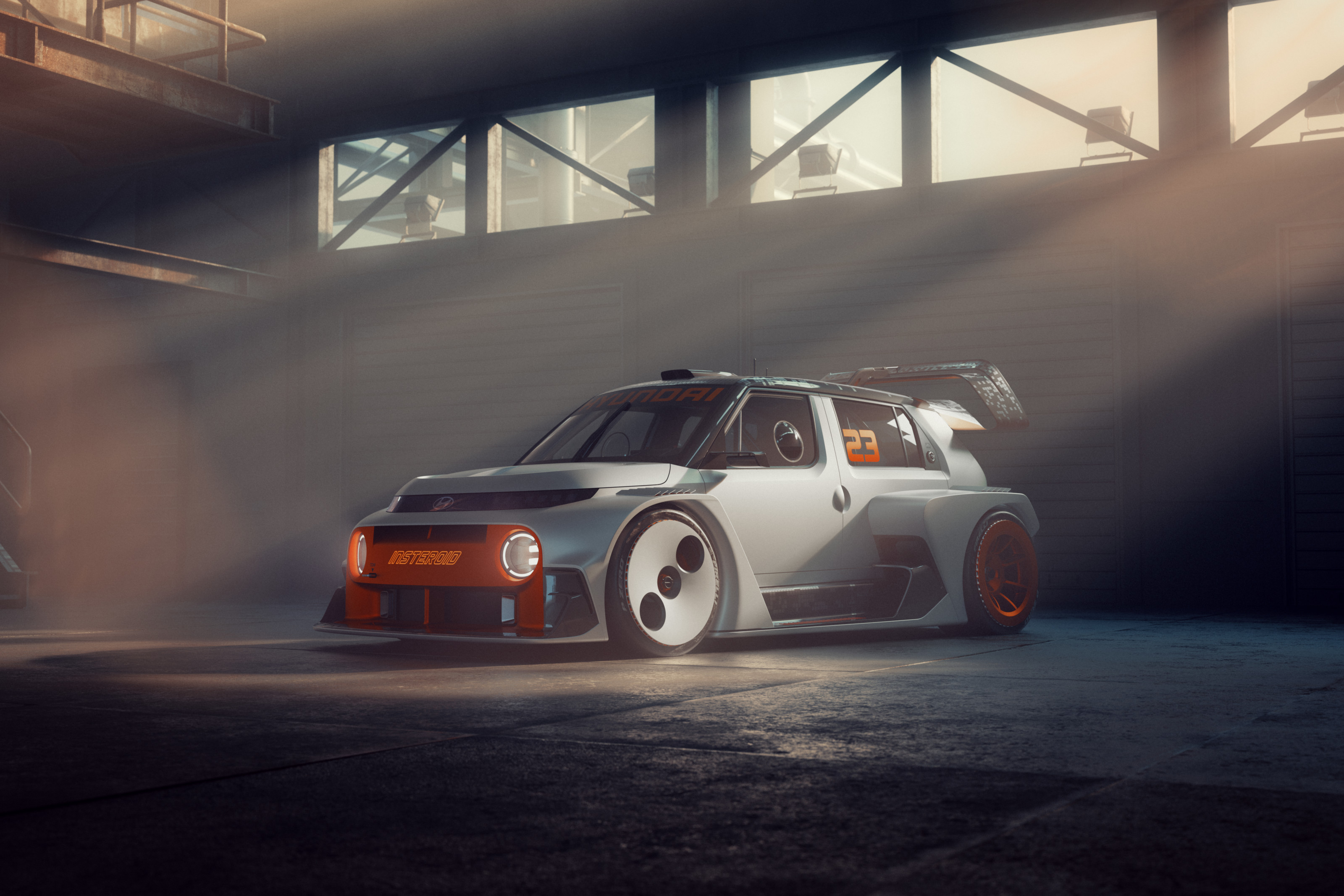 2025 Seoul Mobility Show report: all that's new and notable
2025 Seoul Mobility Show report: all that's new and notableOpened at a time of high national drama, the 2025 Seoul Mobility Show has gone on to underscore Korea’s place at the cutting edge of the auto industry. Guy Bird was there
By Guy Bird
-
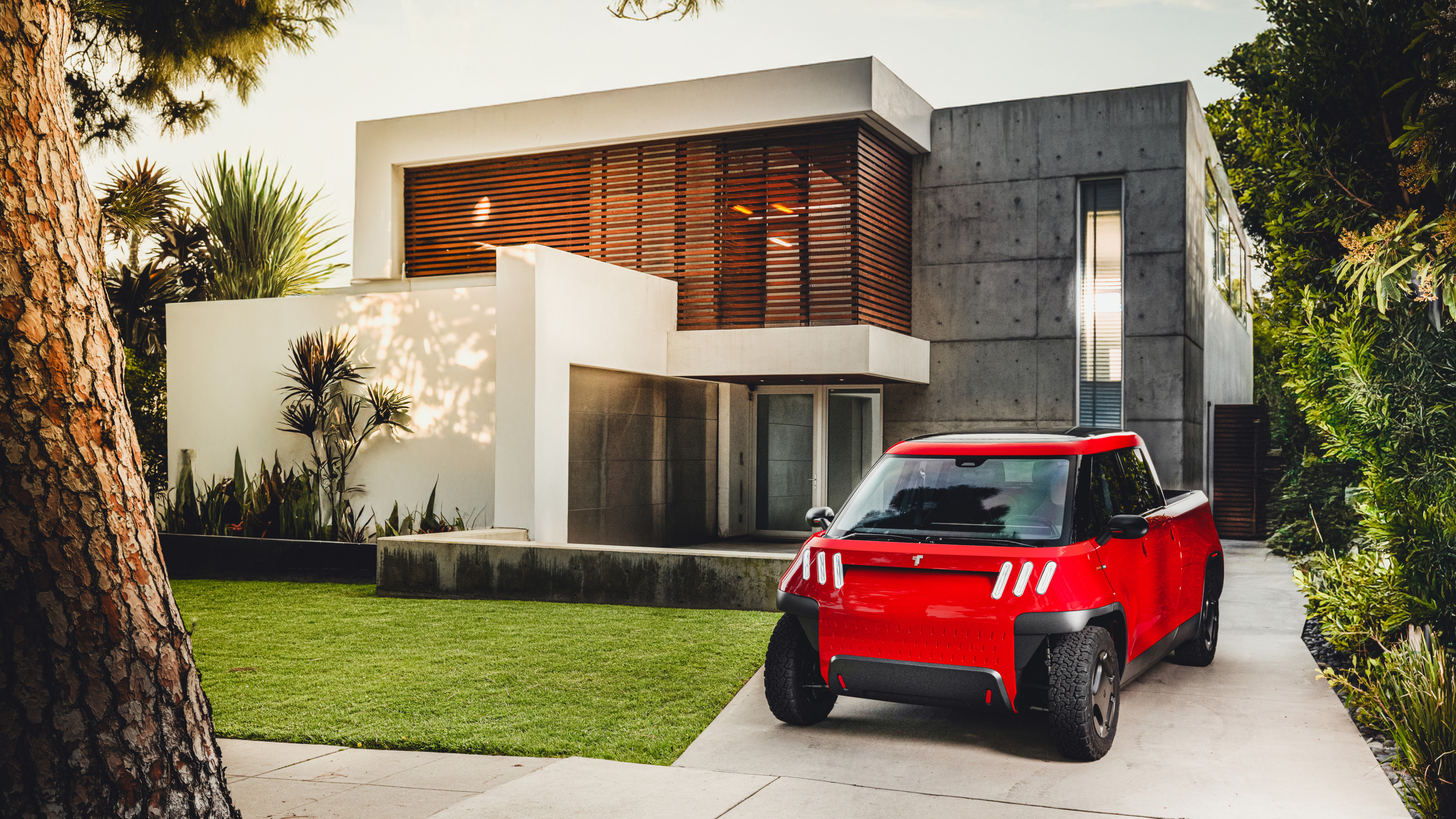 Meet the final drivable prototype of the Telo MT1 pickup truck, shaped by Fuseproject
Meet the final drivable prototype of the Telo MT1 pickup truck, shaped by FuseprojectThe Telo MT1 is a modestly scaled EV that turns the traditional all-American approach to pick-up truck design on its head
By Jonathan Bell
-
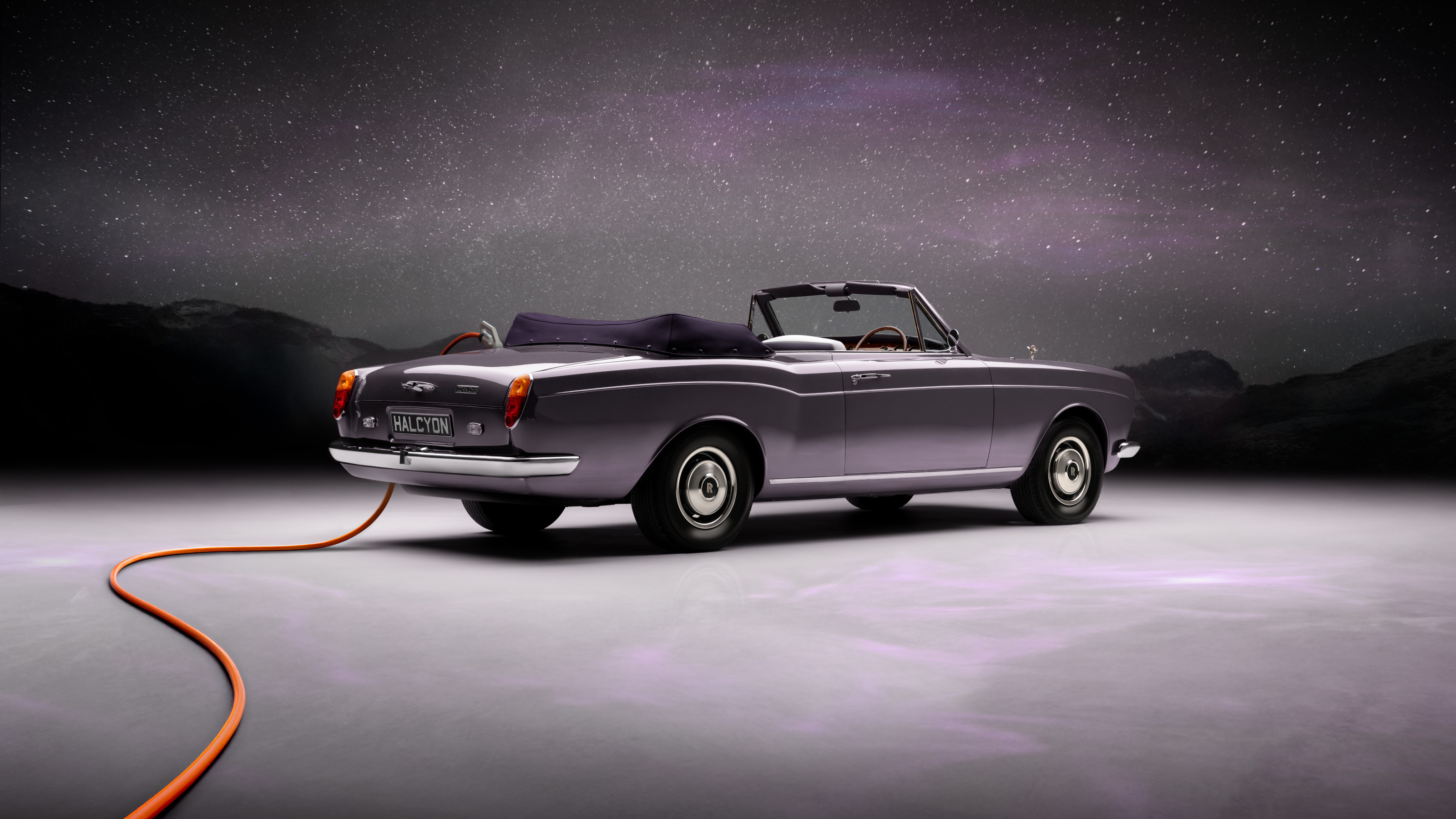 EV start-up Halcyon transforms a classic 1970s Rolls-Royce into a smooth electric operator
EV start-up Halcyon transforms a classic 1970s Rolls-Royce into a smooth electric operatorThis 1978 Rolls-Royce Corniche is the first fruit of a new electric restomod company, the Surrey-based Halcyon
By Jonathan Bell
-
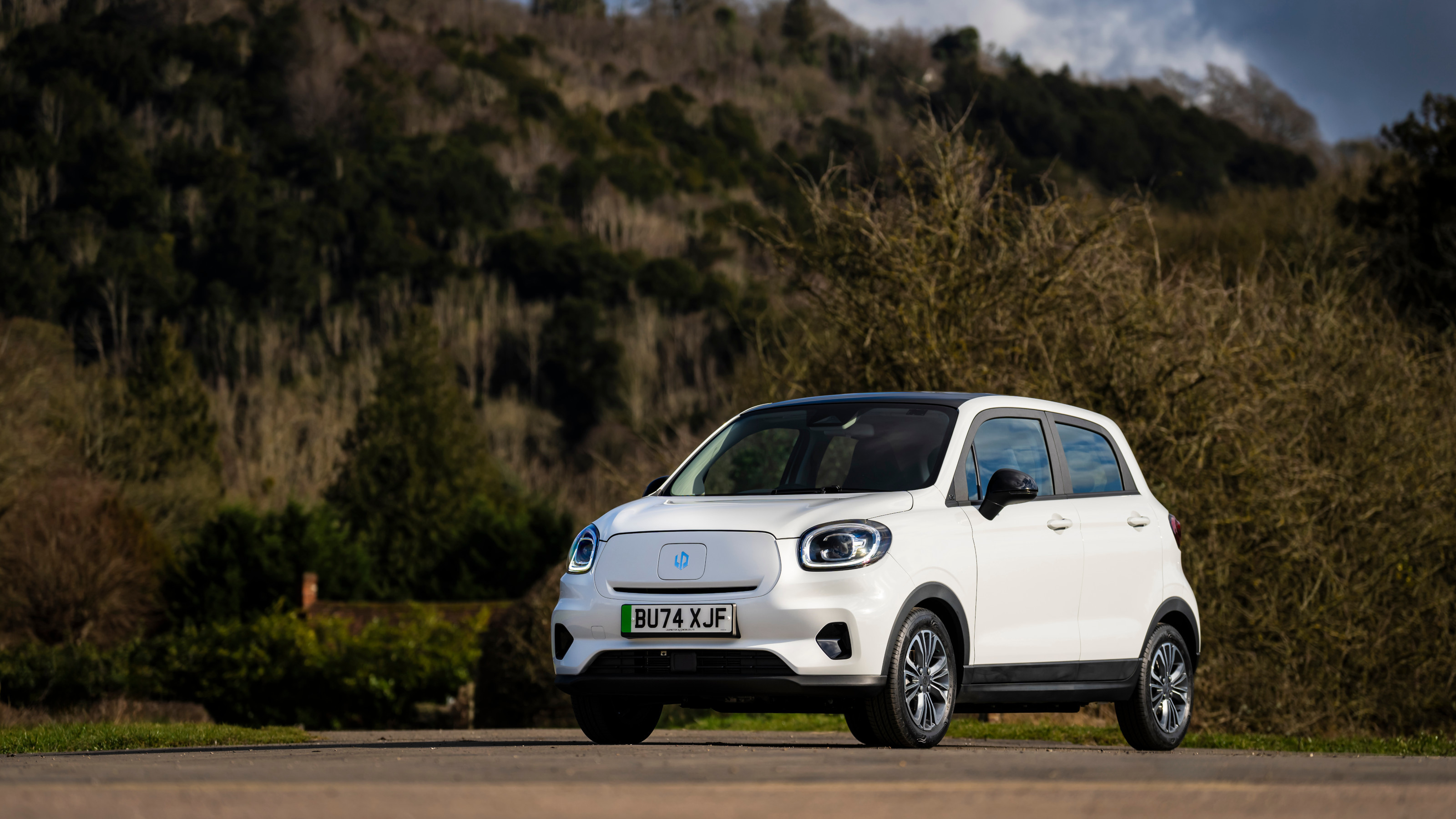 China’s Leapmotor pounces on the European car market with its T03 city car and C10 SUV
China’s Leapmotor pounces on the European car market with its T03 city car and C10 SUVLeapmotor’s tiny electric city car could be just the tonic for cramped urban Europe. We sample the T03 and its new sibling, the fully loaded C10 SUV, to see if the company’s value proposition stacks up
By Jonathan Bell
-
 Wallpaper* takes the wheel of the Bentley Blower Jnr for a rich automotive experience
Wallpaper* takes the wheel of the Bentley Blower Jnr for a rich automotive experienceHedley Studios has shrunk the mighty Bentley Blower into this all-electric, road-legal barnstormer. We take it to the streets of London
By Jonathan Bell
-
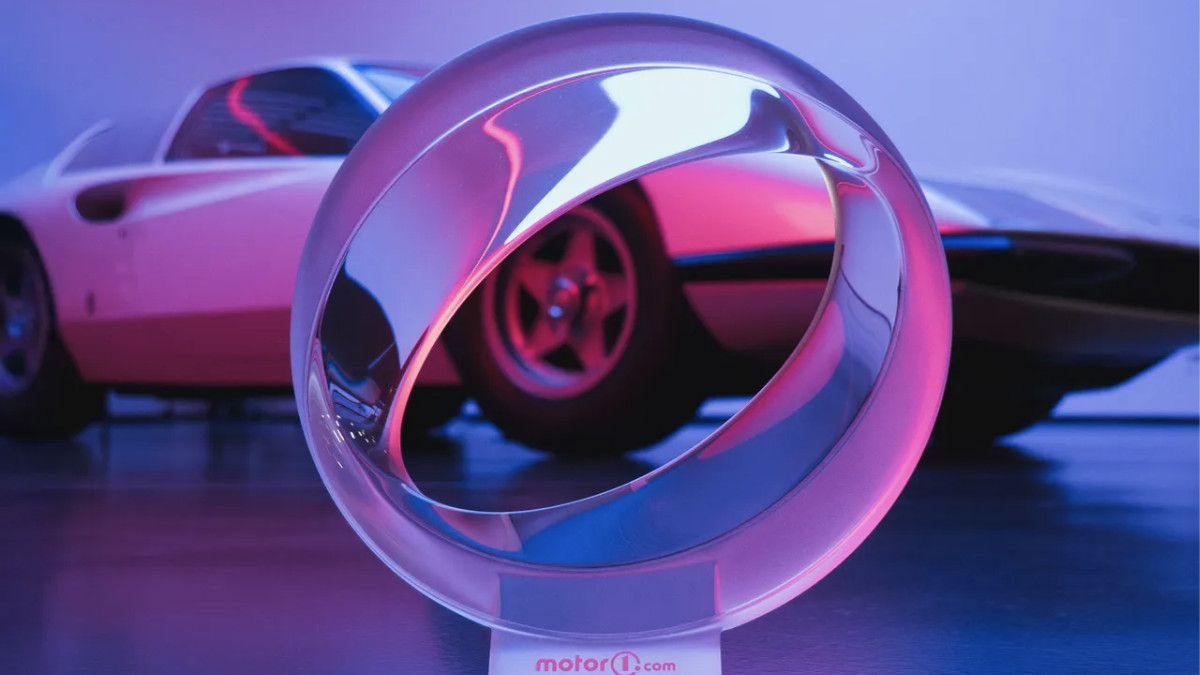 We are the world: Pininfarina’s ‘Orbis’ taps Papal support for an eco-friendly agenda
We are the world: Pininfarina’s ‘Orbis’ taps Papal support for an eco-friendly agendaThe Orbis is a ‘symbolic object’, a gift to Pope Francis from the Italian design agency at a time of political upheaval and social fracture around all aspects of sustainability
By Jonathan Bell
-
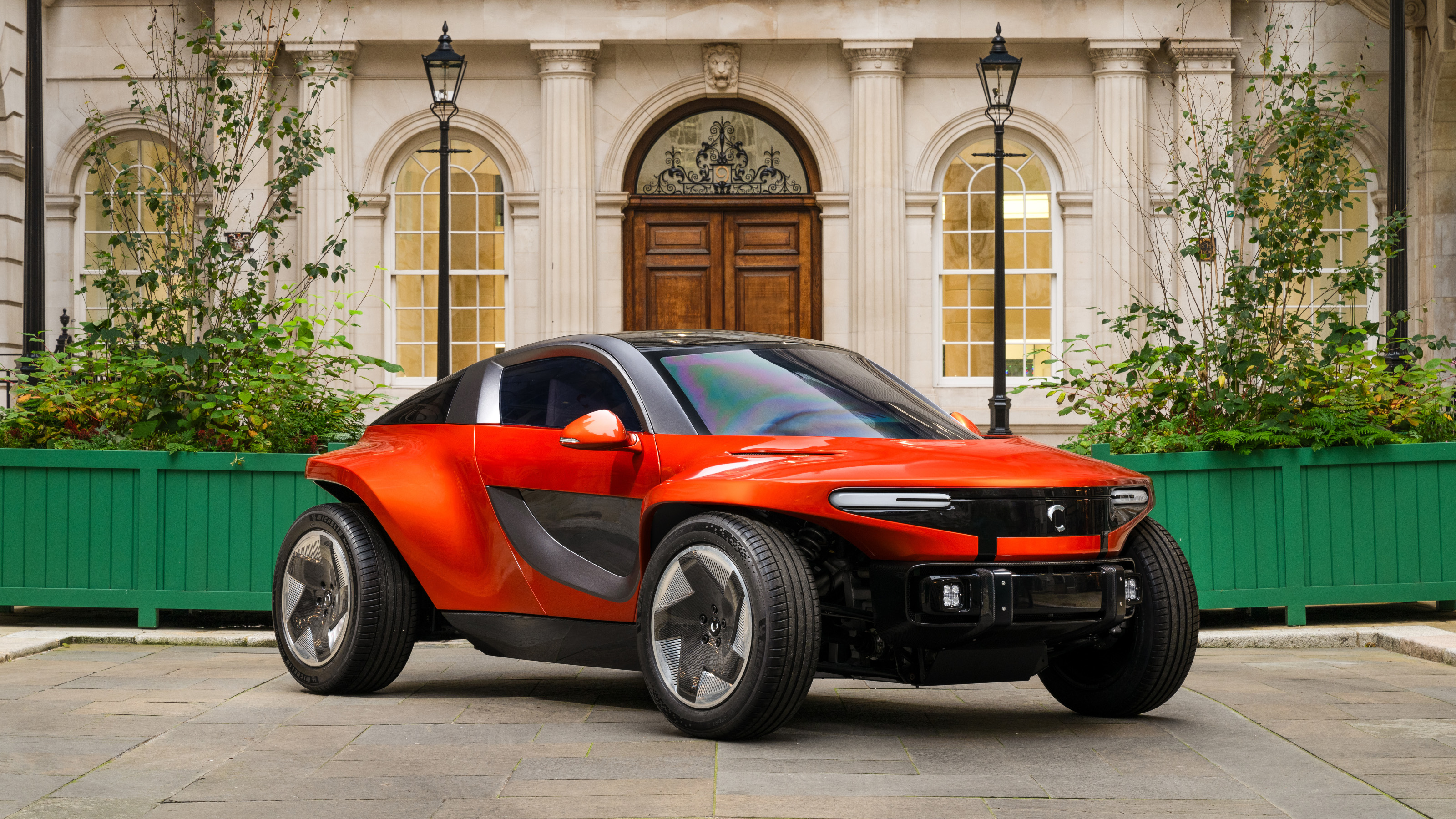 The exclusive Callum Skye EV reveals its interior style ahead of a 2025 launch
The exclusive Callum Skye EV reveals its interior style ahead of a 2025 launchThe Skye is a bespoke sporting EV with a lightweight ethos and an unconventional design. The forthcoming car now has a fully finished interior
By Jonathan Bell
-
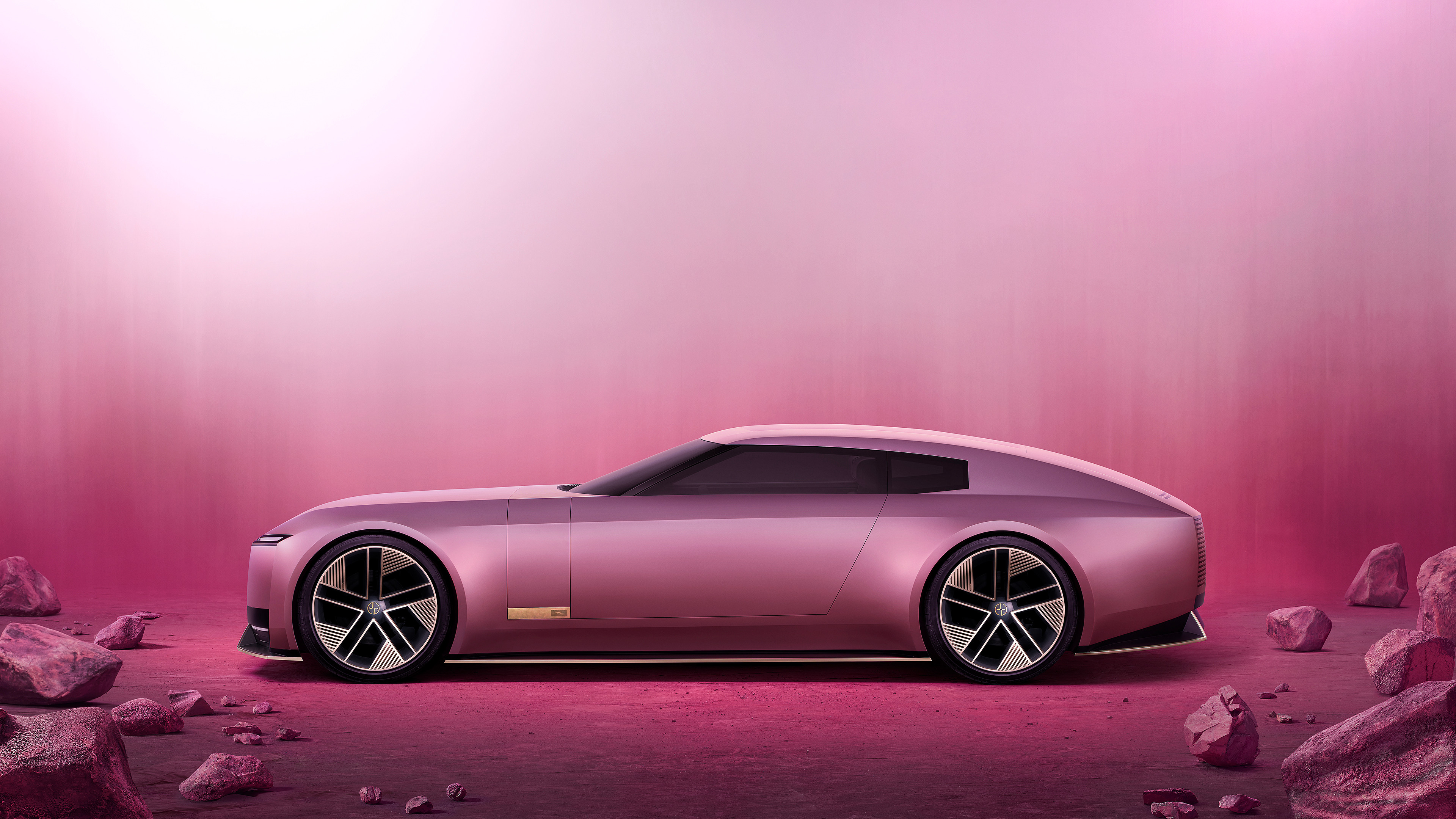 La Vie en Rose: can the Jaguar Type 00 reset the narrative surrounding the brand’s reinvention?
La Vie en Rose: can the Jaguar Type 00 reset the narrative surrounding the brand’s reinvention?This is the Jaguar Type 00, the first physical manifestation of the reborn brand’s new commitment to ‘Exuberant Modernism’. We take it for a semiotic spin
By Jonathan Bell